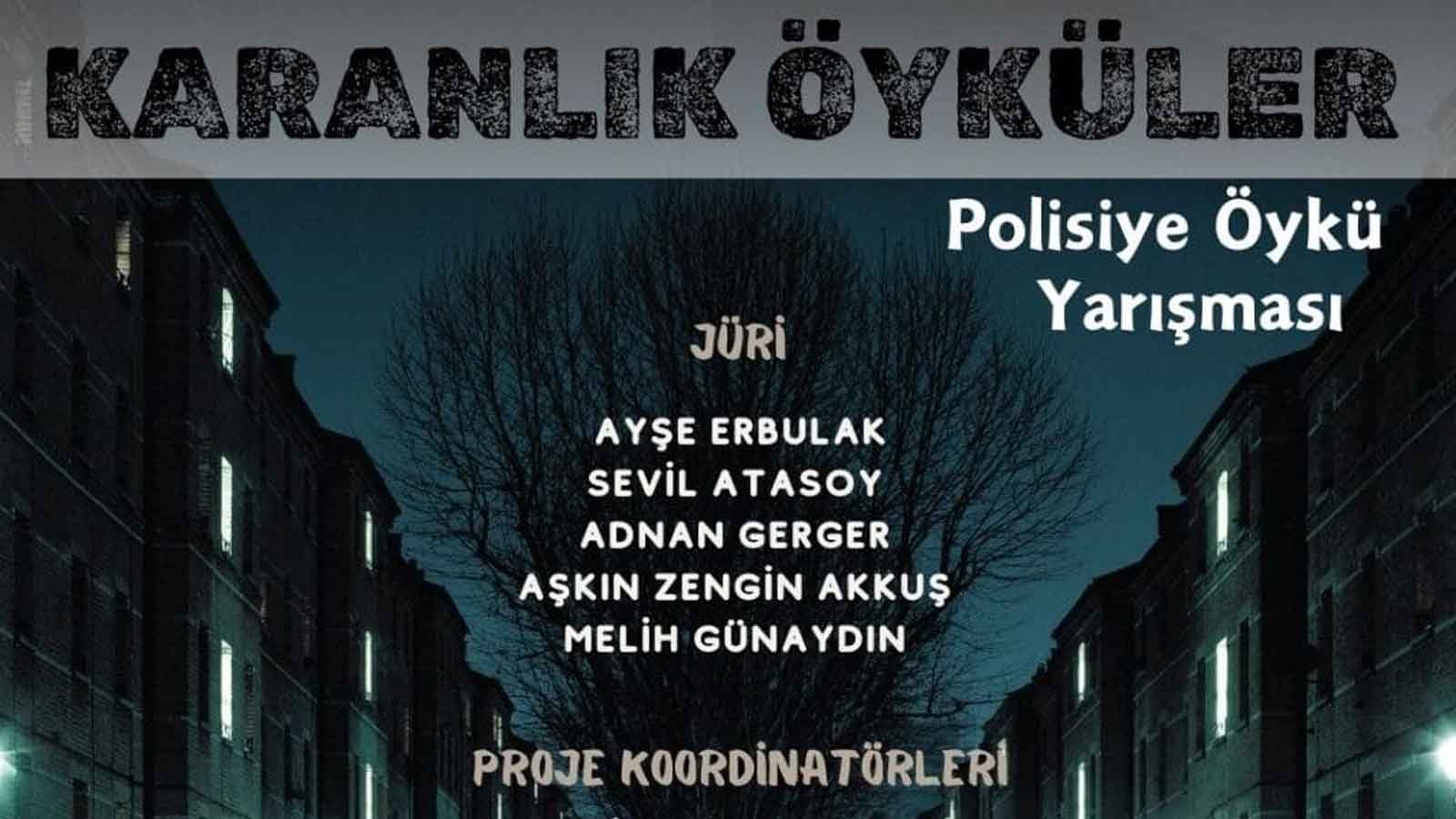Turkey’s insulation giant Izocam: “The way to reduce external dependence on energy is through insulation.”
Izocam, Turkey’s largest insulation manufacturer, drew attention to the Nearly Zero Energy Building (NSEB) concept during the January 11-18 Energy Savings Week, and discussed the 2023 updates in the Regulation on Energy Performance in Buildings.
Turkey’s largest insulation manufacturer Izocam evaluated Turkey’s energy scorecard during the 11-18 January Energy Saving Week. Drawing attention to the Near Zero Energy Building (NSEB) concept for energy saving, Izocam also discussed the latest updates in the Regulation on Energy Performance in Buildings, which is valid as of January 1, 2023.
Turkey’s energy imports constitute the most important part of our foreign trade deficit. Emphasizing that the way to reduce our excessive dependence on foreign energy is through insulation, Izocam General Director Murat Savcı said, “The most important reason for Turkey’s current account deficit is energy imports, which has a significant share of 20-25 percent in all imports. As Turkey, we buy the energy we use from abroad by paying billions of dollars. 40% of the energy we consume is used in buildings, approximately 30% in industry, and the rest in areas such as transportation and agriculture.
When we look at the data of the Turkish Statistical Institute, Turkey’s energy import bill was realized as 8 billion 695 million dollars in the first quarter of 2021. In the last 10 years, the cost of total energy imports to the country’s economy is over 450 billion dollars. We import more than half of the energy we consume from abroad.
There is a very important way we need to take in terms of saving in energy consumption, which we are so dependent on foreign sources. Buildings that are insulated with the right material and appropriate thickness are the biggest steps to be taken to save energy. Even when we evaluate it only in terms of residences, the contribution of insulation to our country’s economy is revealed. If only 300 thousand households (flats) are insulated each year in accordance with current regulations, a total of 4.8 billion cubic meters of natural gas savings will be possible at the end of 5 years. The monetary equivalent of this savings exceeds 60 billion TL.

“We should aim above the minimum values in insulation”
Noting that more than 60% energy savings can be achieved in a building, compared to an uninsulated building, only with the insulation made in accordance with the regulations, Murat Savcı, the General Director of İzocam, said that our ultimate goal as a country is to achieve Near Zero Energy Buildings (NSEB) by insulating above the minimum values set by the regulations. stressed the need. Noting that an important step has been taken in this regard recently and that the values in the Regulation on Energy Performance in Buildings have been updated as of January 1, 2023, Murat Savcı said, “With this regulation, all buildings with a total construction area of more than 5 thousand square meters in a parcel should have at least ‘B’ energy performance class. It has become mandatory to be built in such a way that at least 5 percent of the energy to be used must be met from renewable energy sources. The regulation brought about an increase in the thickness of the insulation materials used in thermal insulation, roughly 3 cm on the facades, 5 cm on the roofs and 3 cm on the floors. As of January 1, 2025, the total construction area limit in a parcel will be reduced from 5 thousand square meters to 2 thousand square meters, the scope of the almost zero-energy building concept will be expanded and the renewable energy requirement will be brought to 10 percent.
“The scope of NSEB applications should be expanded”
However, in order to reduce our dependence on foreign energy, we need regulations that cover all buildings and aim to improve energy efficiency by much more than 20%, and continued his words as follows: All new buildings are being built as Near Zero Energy Buildings (NSEB). These buildings are designed as insulated, with an annual energy consumption of 30-50 kWh per square meter for heating and cooling. In our country, with the new regulation, it is aimed to reduce the energy consumption to the level of 100-120 kWh in a limited number of buildings with a total construction area of more than 5 thousand square meters.
Buildings that are insulated with the right material and appropriate thickness are the biggest steps to be taken to save energy. Insulation contributes to the national and household economy, as well as reducing harmful gas emissions and contributing to the environment. Therefore, expanding and disseminating the scope of Near Zero Energy Building (NSEB) applications will be one of the greatest legacies we will leave to our future.”
Murat Savcı: “Enerjide dışa bağlılığı azaltmanın yolu yalıtımdan geçiyor.”#MuratSavcı #İzocam #Enerji #Türkiye #Sanayi
— Türkiye Haber Portalı (@Turhapo) January 15, 2023
Shakira Nepal’de Haluk Bursa Bülbülü Melissa Vargas Cengiz Ata Demirer #FenerinMaçıVar #KurtlarVadisi Cem Yılmazhttps://t.co/x8srYhKt3P –




























